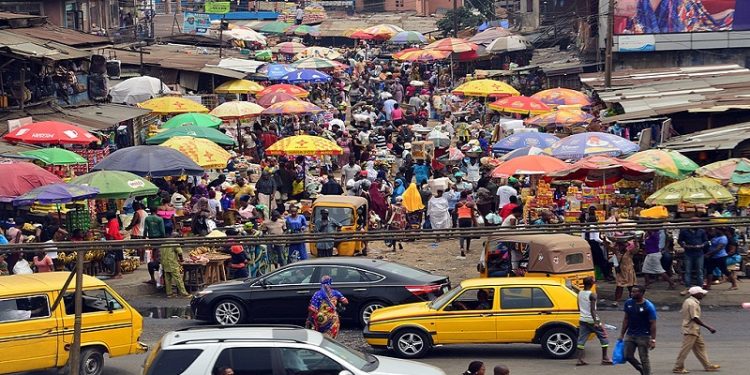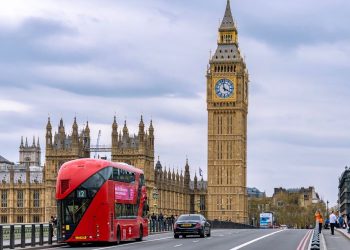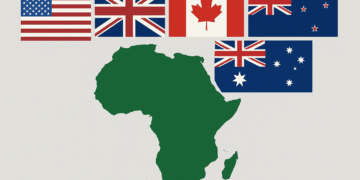According to data from Nigeria’s National Bureau of Statistics (NBS), the escalating cost of transportation and food commodities continues to burden commuters and consumers across the country. In its latest report on transport fares and food prices for June, the NBS revealed concerning increases in various sectors.
The average fare paid for bus journeys within city limits soared by a staggering 97.88 percent, surging from N649.59 in May to N1,285.41 in June 2023. Similarly, intercity bus travel experienced a notable 42.09 percent hike, with the average fare escalating to N5,686.49 compared to N4,002.16 in May.
Air travel also witnessed a rise in fares, as the average cost for specified routes’ single journeys increased by 4.93 percent from N74,948.78 in May to N78,640.54 in June.
The cost of Okada transportation, a popular motorcycle mode, surged by 33.14 percent, with commuters paying an average of N618.52 in June compared to N464.55 in the previous month.
Water transport, including waterway passenger transportation, saw a similar upward trend, with average fares reaching N1,366.22 in June, up from N1,045.15 in May.
Meanwhile, the realm of food prices also felt the strain, as beef, tomatoes, and local rice prices surged in the same period. The average price of 1kg of boneless beef escalated by 27.5 percent on a year-on-year basis, reaching N2,653.02 in June.
Similarly, the price of 1kg of tomatoes saw a 24.8 percent year-on-year increase, settling at N547.28. Local rice, sold loose, experienced a 32 percent year-on-year hike, with prices soaring to N608.20 per kilogram.
These rapid increases in both transportation costs and food prices are causing growing concerns among Nigerians, with the NBS data indicating a challenging financial landscape for many.
Some contexts to NBS report: Nigeria, a country of over 200 million people, has been grappling with a series of economic challenges in recent years. Factors such as inflation, fluctuating exchange rates, and supply chain disruptions have contributed to the rising cost of living for its citizens.
The Nigerian economy heavily relies on oil exports, making it vulnerable to global oil price fluctuations and impacting its fiscal stability. Additionally, the country has faced political uncertainties and security concerns, which have further strained its economic growth and stability.
Against this backdrop, President Bola Tinubu was elected to office early this year. He took over from the ruins of the former administration of Muhammadu Buhari. This latest report from Nigeria’s National Bureau of Statistics (NBS) sheds light on the increasing burden faced by the population even in the current regime.
The surge in transportation costs, particularly for bus, motorcycle, air, and water travel, coupled with the escalating prices of essential food commodities, paints a challenging picture for Nigerians trying to navigate their daily lives. These factors collectively contribute to the urgency of addressing the economic situation and finding sustainable solutions to ease the financial strain on the populace.
What could happen next? As the cost of living in Nigeria continues to rise, the outlook for the coming months remains uncertain. Factors such as supply chain disruptions, inflationary pressures, and economic challenges could further exacerbate the existing situation.
If these trends persist, many Nigerians could find themselves facing heightened financial strain, potentially impacting their ability to afford basic necessities and leading to concerns about the overall economic stability of the nation.
Addressing these challenges will require a concerted effort from both government authorities and relevant stakeholders to find effective solutions that mitigate the impact of rising costs on the populace.












